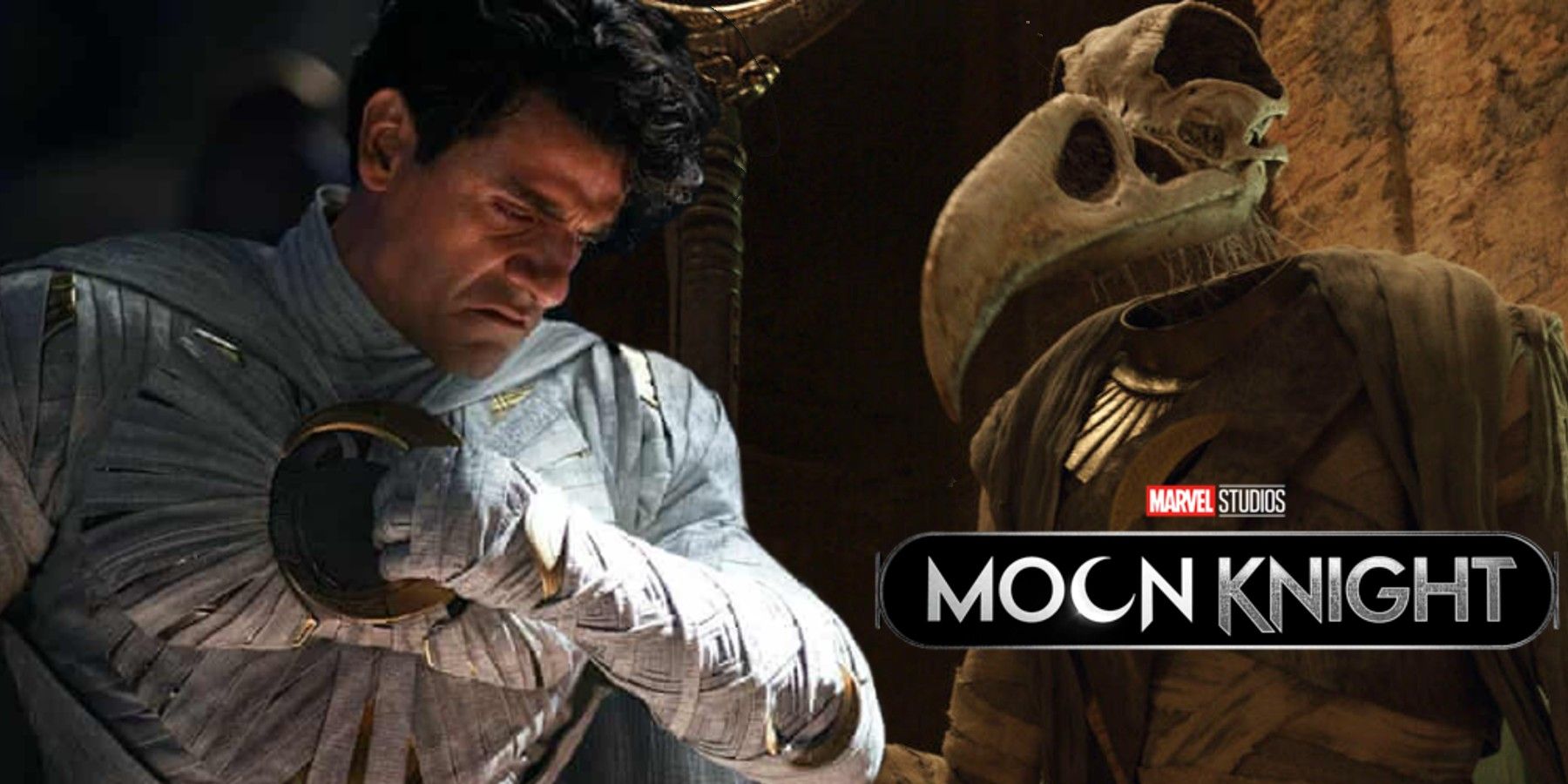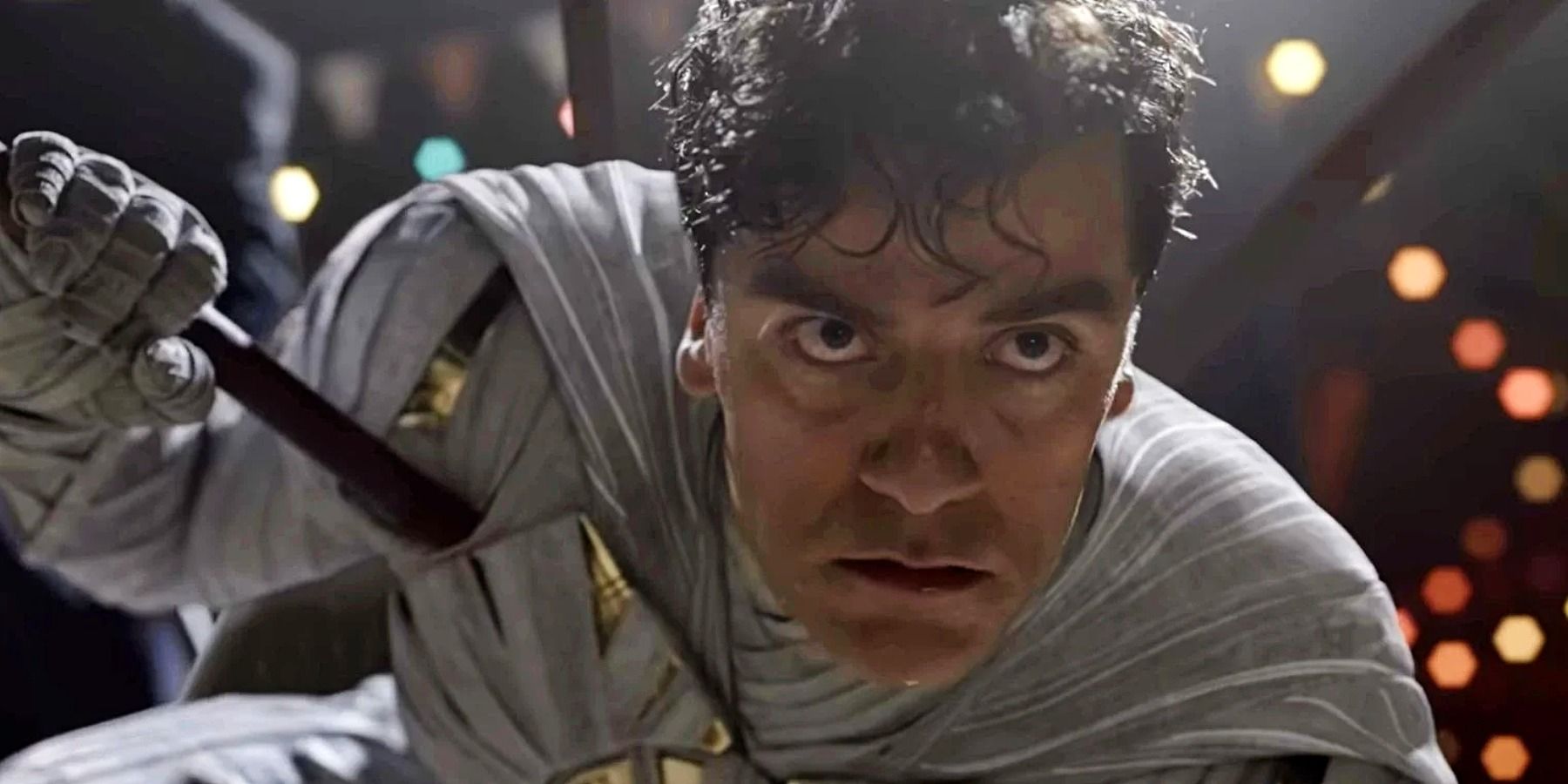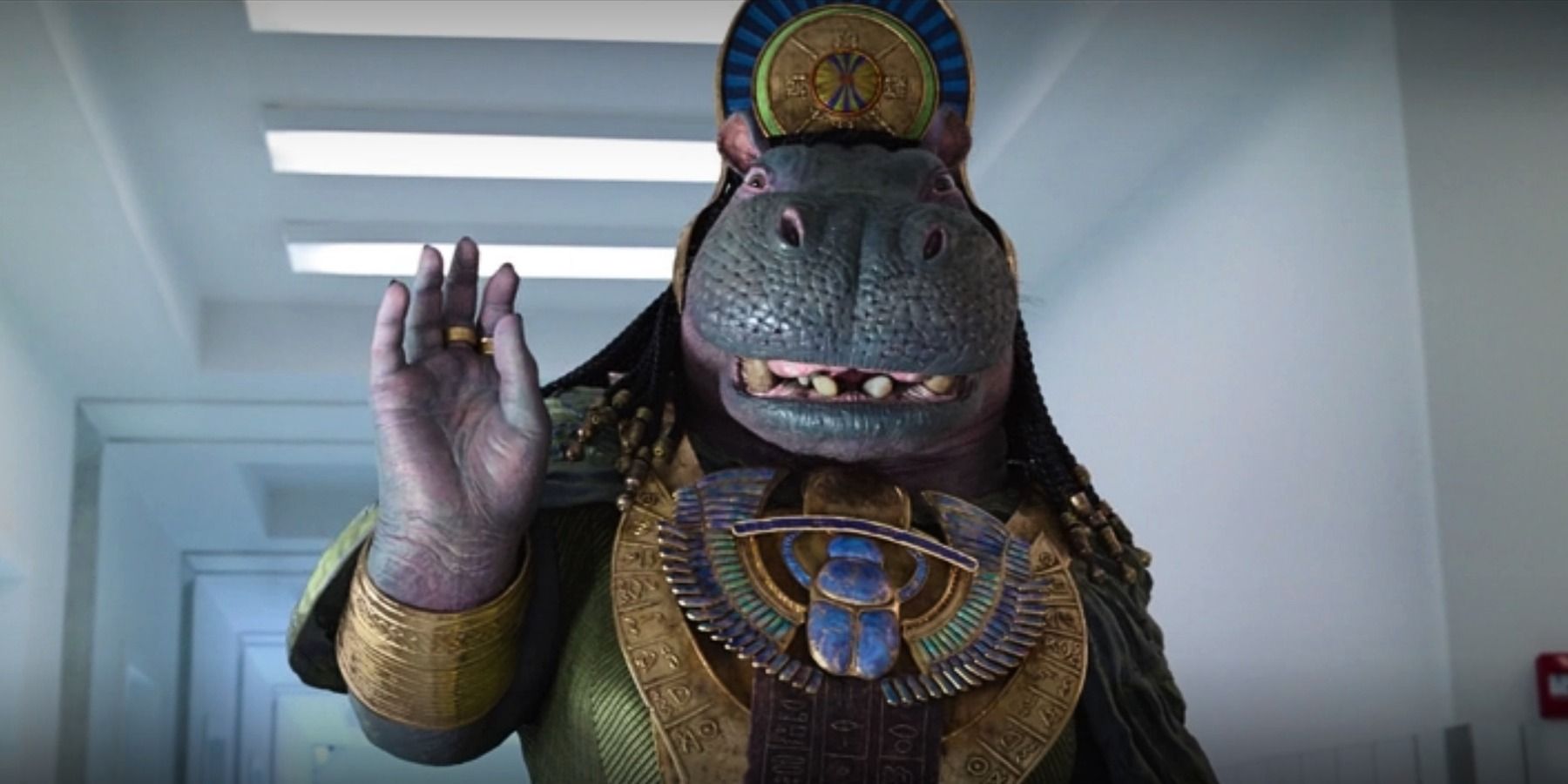The finale of Moon Knight, the latest Marvel series to premiere on Disney Plus, has left many anxiously awaiting its next chapter. The series' layered, twisted narrative introduced a brand-new set of characters to the Marvel Universe without relying on any previously established characters. The series is the fifth in the franchise's live-action lineup and delivered one of the best finales of all the series yet.
The Oscar Isaac-led Moon Knight was preceded by WandaVision, The Falcon and the Winter Soldier, Loki, and Hawkeye, which have all featured a familiar Marvel character. Moon Knight was the only series tasked with introducing its viewers to an entirely new cast. With all the challenges that come with introducing a brand-new slate of characters, Moon Knight manages to overcome many of them and stay true to itself, delivering one of Marvel's best finales.
"Gods and Monsters," the final episode of Moon Knight's first season, did exactly what director Mohamed Diab promised. In speaking about Moon Knight's finale before it premiered, Diab teased that "Gods and Monsters" would include some twists and turns, action sequences, and hopefully, deliver a satisfying end to the first season. After the surprises spurred by its predecessor, "Asylum," Moon Knight had plenty of things to answer for. One of the biggest revelations from "Asylum" was the origin of Marc's relationship with Steven (Isaac). In answering how they came to be, Moon Knight raised several others. The balance they each provide their yin-yang dynamic is thrown off once Marc loses Steven, and appears in the Field of Reeds. The question of how Marc will progress without Steven is one of the largest going into "Gods and Monsters" and the finale doesn't disappoint.
Moon Knight's finale runs shorter than those of WandaVision, The Falcon and the Winter Soldier, Loki, and Hawkeye. Somehow, Moon Knight manages to pack quite a bit into its runtime, ending on a rather satisfactory note in comparison to the other Marvel series. Of course, Moon Knight doesn't wrap everything up with a tight bow and leaves several factors unknown. What Layla's (May Calamawy) fate is after Khonshu frees Marc and Steven is unknown, as is Marc and Steven's day-to-day life without the knowledge of Jake Lockley. Aside from those questions, Moon Knight manages to build Layla into an Egyptian superhero, give Arthur Harrow (Ethan Hawke) and his mission to free Ammit an ending, deliver a worthwhile battle sequence, and show the growth of Marc and Steven as individuals and as a team.
Given the role mirrors and the art of reflection play throughout Moon Knight, it's fitting that the series ends as a reflection of its pilot. Where Steven once lived alone and virtually isolated from everyone else, he now has Marc to keep him company. As the pair acclimate themselves to coexisting in day-to-day life without the burden of being Khonshu's avatar, they do so without the knowledge that they are in fact still linked with Khonshu through Jake. The introduction of Jake in the mid-credits for Moon Knight offers a near-immediate answer for Khonshu's willingness to free Marc and Steven. Just as the series began, Layla is nowhere to be seen. What has come of her and her link to Taweret has no conclusion, giving Marvel the opportunity to expand on her story individually should they choose to.
What the future holds for Moon Knight isn't clear. Loki was renewed for a second season, while WandaVision, The Falcon and the Winter Soldier, and Hawkeye were all used to set up other Marvel projects. WandaVision helped set up the events of Doctor Strange in the Multiverse of Madness, as well as The Marvels and the Agatha: House of Harkness spin-off series. The Falcon and the Winter Soldier set up Captain America 4, while Hawkeye was used to establish the Echo series. As of now, Moon Knight has no projects that it could set up aside from continuing the hero's story. With no tangible connection to the rest of the MCU, Moon Knight is forced to stand on its own, and it does so rather well. For a contained story that must introduce a full character arc, Moon Knight manages to cover it all in six episodes.
With all of Moon Knight's separate pieces, "Gods and Monsters" is left to connect the dots in a manner similar to Hawkeye. Hawkeye had a whirlwind of loose ends to tie up, from Armand's murder to the Tracksuit Mafia, the introduction of Kingpin, and Clint's inevitable run-in with Yelena, all of which are tied up with the Ronin suit. Moon Knight has to bring the once separate lives of Steven and Marc together, and the finale makes it feel more seamless than it originally appeared. Like Kingpin's return in Hawkeye, Moon Knight teases the arrival of one character and does deliver. The introduction of Jake in Moon Knight's mid-credit scene is similar to the twist of WandaVision's credit scenes that show Wanda's astral form hearing her children calling out for her. For WandaVision, the scene makes Wanda's story feel far from complete, while Moon Knight's twist could be taken as the beginning of a new story, or an ambiguous ending for fans to play with.
Moon Knight's distinctive story and a fresh set of characters provide Marvel with a unique opportunity. With Diab and the Moon Knight team's dedication to making the series feel different from any other Marvel project, Moon Knight has everything it needs to become something more. The series doesn't rely on pre-existing Marvel characters and challenges itself to deliver new perspectives and fresh cultural insight. With all the Disney Plus series continuing in some form or another, Moon Knight fans can only hope the same fate awaits the series. Whether it receives a second season like Loki, a spin-off for Layla, or results in a film expansion, there is no series more deserving of it than Moon Knight.
Moon Knight is now streaming on Disney Plus.



